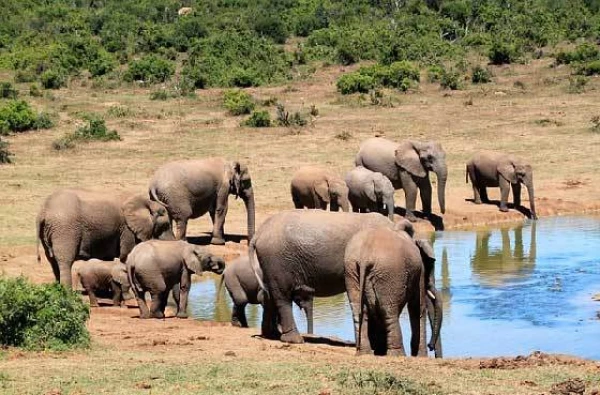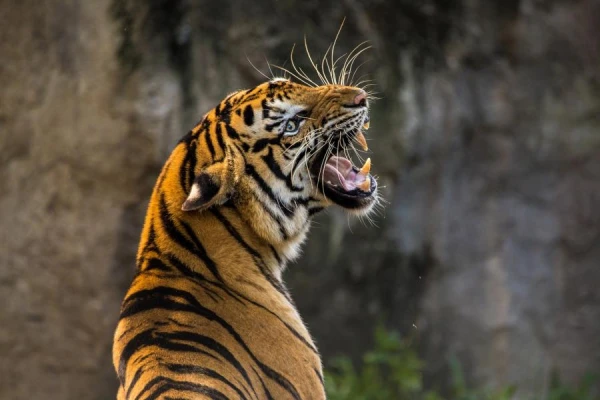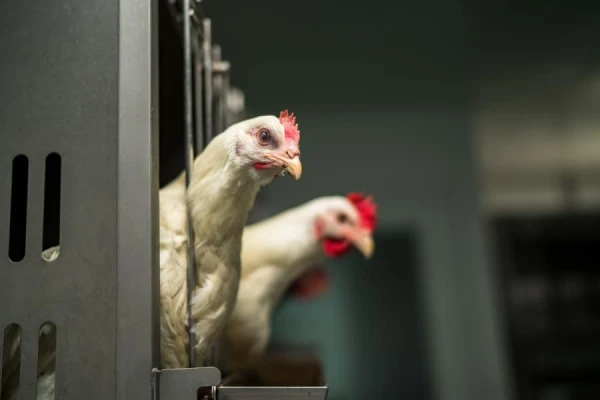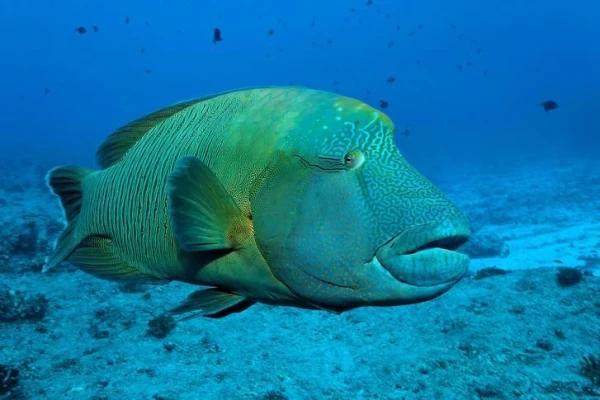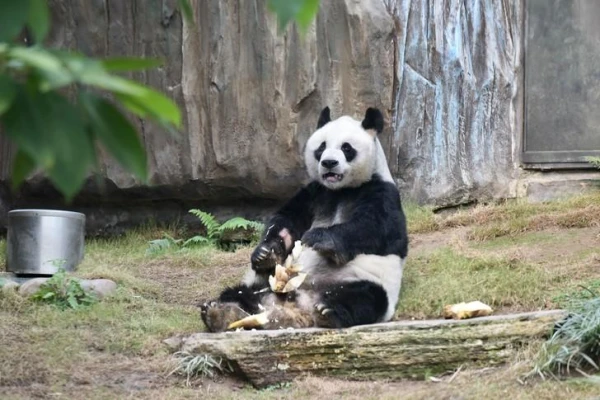
It is impossible to find a person who does not feel a sense of tenderness when looking at pandas! These charming creatures stand out among their relatives not only for their unusual coloring but also for their way of life. Unlike other bears, the panda does not eat berries, fish, or bark, but feeds exclusively on bamboo! Unfortunately, their uniqueness has turned into a serious problem for them...
Pandas are in a critical situation primarily due to the loss of their natural habitat. Humans have destroyed a significant portion of the bamboo forests that these animals need for survival. Since pandas only eat bamboo, they cannot adapt to life outside these forests. Previously, wild pandas inhabited the bamboo forests of China, Vietnam, Laos, and Burma. Currently, wild individuals are found only in China, and scientists estimate that there are only about 1,800 wild pandas left in the world.
Another reason for the vulnerability of pandas is their inability to adapt. Many animals whose natural ranges have been 'captured' by humans have managed to adjust to new conditions. For example, raccoons, which used to live primarily in forests, now inhabit many cities and towns around the world! However, raccoons did not just 'want' to adapt; their physiological traits, such as their digestive system and compact size, helped them.
Pandas, on the other hand, find it extremely difficult to do so. Firstly, they are quite large, and secondly, their diet consists exclusively of bamboo, and their digestive system cannot process anything else. Spotty bears also find it challenging to cross cities to move from one forest to another. Since bamboo shoots and leaves do not contain many nutrients, pandas are forced to consume them in huge quantities (from 10 to 20 kg per day). Crossing cities would pose a threat of starvation for the animals.
There is another reason why scientists are so concerned about the panda population. Even in captivity, breeding these animals is an incredibly complex and lengthy process. These bears are extremely selective in choosing a mate, which means that even if a male and female panda are in the same enclosure for many years, there is no guarantee that the pair will want to have offspring. However, if a panda in a sanctuary does give birth, the staff raises the cubs, as it seems that life in captivity 'erases' the maternal instincts of the females. Because of this, specialists cannot return pandas to the wild, as they are completely unprepared for independent living.
Undoubtedly, like many other endangered species, pandas suffer from poachers. The bear's fur has immense value on the black market. In China, where pandas live in the wild, there are strict penalties for those caught poaching these animals. Unfortunately, this does not deter hunters...
